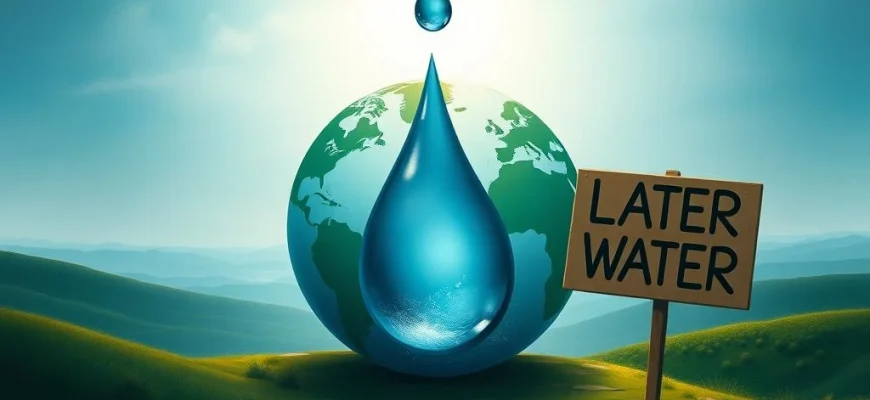If you were captivated by 'Blue Gold: World Water Wars' (2008), a gripping documentary exposing the global water crisis, you'll love these 10 similar films and shows. This article explores thought-provoking titles that delve into environmental activism, corporate greed, and the fight for natural resources—perfect for viewers who crave eye-opening storytelling.
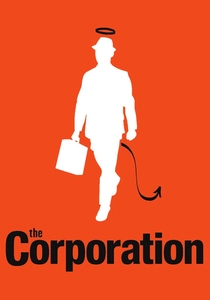
The Corporation (2003)
Description: This film examines the role of corporations in modern society, critiquing their environmental and social impacts, much like the exploration of corporate influence over natural resources.
Fact: It won 26 international awards and is based on the book 'The Corporation: The Pathological Pursuit of Profit and Power.'
 Watch Now
Watch Now 
Thirst (2004)
Description: It delves into the political and social struggles surrounding water privatization, highlighting the conflicts between communities and corporations over access to clean water.
Fact: The documentary was inspired by real-life protests in Bolivia against water privatization by multinational companies.
 Watch Now
Watch Now 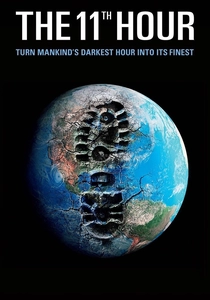
The 11th Hour (2007)
Description: This film addresses the urgent environmental crises facing the planet, including climate change and resource depletion, with a focus on potential solutions and activism.
Fact: Narrated by Leonardo DiCaprio, the documentary includes interviews with over 50 leading scientists and environmentalists.
 Watch Now
Watch Now 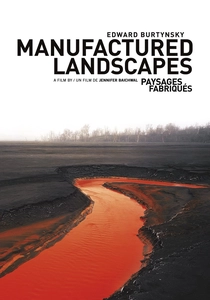
Manufactured Landscapes (2006)
Description: The documentary visually captures the impact of industrialization on the environment, showcasing large-scale transformations of landscapes, akin to the visual storytelling of environmental degradation.
Fact: It features the work of photographer Edward Burtynsky, known for his large-scale images of industrial landscapes.
 Watch Now
Watch Now 
Flow: For Love of Water (2008)
Description: This documentary explores the global water crisis, focusing on the privatization and commodification of water resources, similar to themes of environmental degradation and corporate control over natural resources.
Fact: The film won the Best Documentary award at the 2008 Vail Film Festival and features interviews with scientists, activists, and policymakers.
 Watch Now
Watch Now 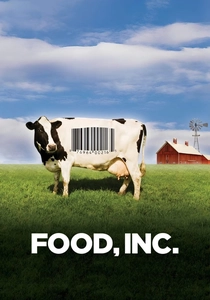
Food, Inc. (2008)
Description: It critiques the industrial food system, revealing its environmental and social costs, similar to the examination of corporate control over essential resources.
Fact: The film was nominated for an Academy Award for Best Documentary Feature and sparked widespread debate about food production practices.
 Watch Now
Watch Now 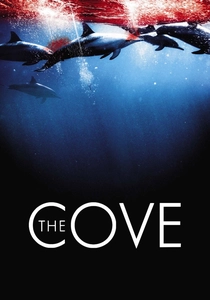
The Cove (2009)
Description: This documentary exposes the controversial dolphin hunting practices in Japan, highlighting the intersection of environmental activism and corporate interests.
Fact: It won the Academy Award for Best Documentary Feature in 2010 and used hidden cameras to capture its footage.
 Watch Now
Watch Now 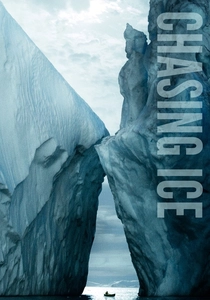
Chasing Ice (2012)
Description: It documents the melting of glaciers due to climate change, using stunning time-lapse photography to show the dramatic changes in the environment.
Fact: The film won the Excellence in Cinematography Award at the Sundance Film Festival in
 Watch Now
Watch Now 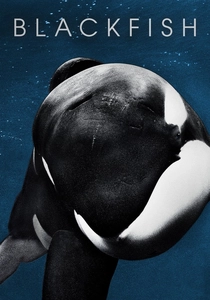
Blackfish (2013)
Description: The film investigates the treatment of orcas in captivity, drawing parallels to the exploitation of natural resources and the ethical implications of corporate control over wildlife.
Fact: The documentary led to significant public backlash against SeaWorld and changes in their orca exhibition policies.
 Watch Now
Watch Now 
The True Cost (2015)
Description: This documentary explores the impact of fast fashion on the environment and workers, focusing on the hidden costs of consumerism and corporate greed.
Fact: The film features interviews with fashion industry insiders and activists, shedding light on the human and environmental toll of cheap clothing.
 Watch Now
Watch Now 
